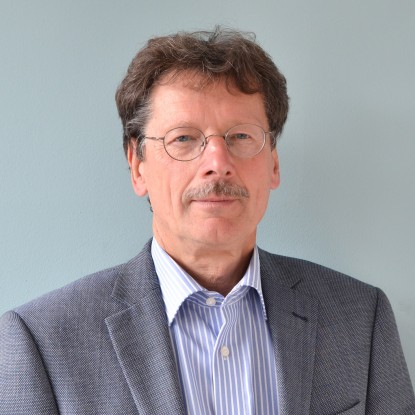Prof. Jean-Pierre Hubaux

(Eidgenossische Technische Hochschule – Lausanne)
Titel
Privacy Challenges in Mobile and Pervasive Networks
Abstract
This last decade has witnessed a wide adoption of connected mobile devices able to capture the context of their owners from embedded sensors (GPS, Wi-Fi, Bluetooth, accelerometers). The advent of mobile and pervasive computing has enabled rich social and contextual applications, but the use of such technologies raises severe privacy issues and challenges. The privacy threats come from diverse adversaries, ranging from curious service providers and other users of the same service to eavesdroppers and curious applications running on the device. The information that can be collected from mobile device owners includes their locations, their social relationships, and their current activity. All of this, once analyzed and combined together through inference, can be very telling about the users’ private lives. In this talk, we will describe privacy threats in mobile and pervasive networks. We will also show how to quantify the privacy of the users of such networks and explain how information on co-location can be taken into account. We will describe the role that privacy enhancing technologies (PETs) can play and describe some of them. We will also explain how to prevent apps from sifting too many personal data under Android. We will conclude by mentioning the privacy and security challenges raised by the “quantified self” and digital medicine.
Short Bio
Jean-Pierre Hubaux is a full professor at EPFL. Through his research, he contributes to laying the foundations and developing the tools to protect privacy in tomorrow’s hyper-connected world. He is focusing notably on network privacy and security, with an emphasis on mobile/wireless networks and on data protection, with an emphasis on health-related data and especially genomic data. He has also studied privacy and security mechanisms (especially for mobile networks) in the presence of selfish players. Previously, he pioneered the areas of wireless network security and secure vehicular communications. He was an Associate Editor (AE) of IEEE Transactions on Mobile Computing and is an AE of Foundations and Trends in Privacy and Security. Since 2007, he has been one of the seven commissioners of the Swiss FCC. He was recently appointed to the “Information Security Task Force”, set up by the Swiss federal government. He is a Fellow of both IEEE (2008) and ACM (2010).



